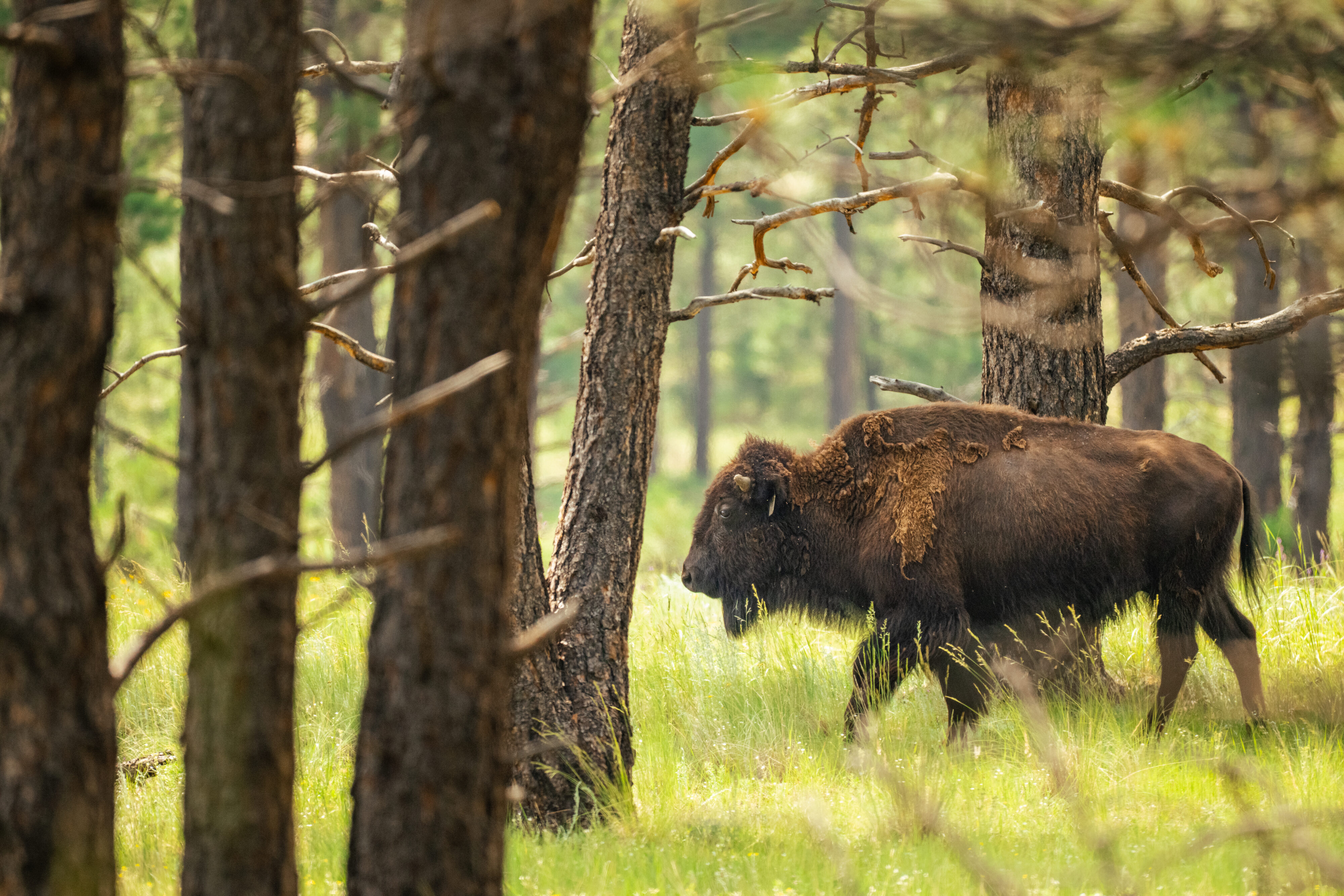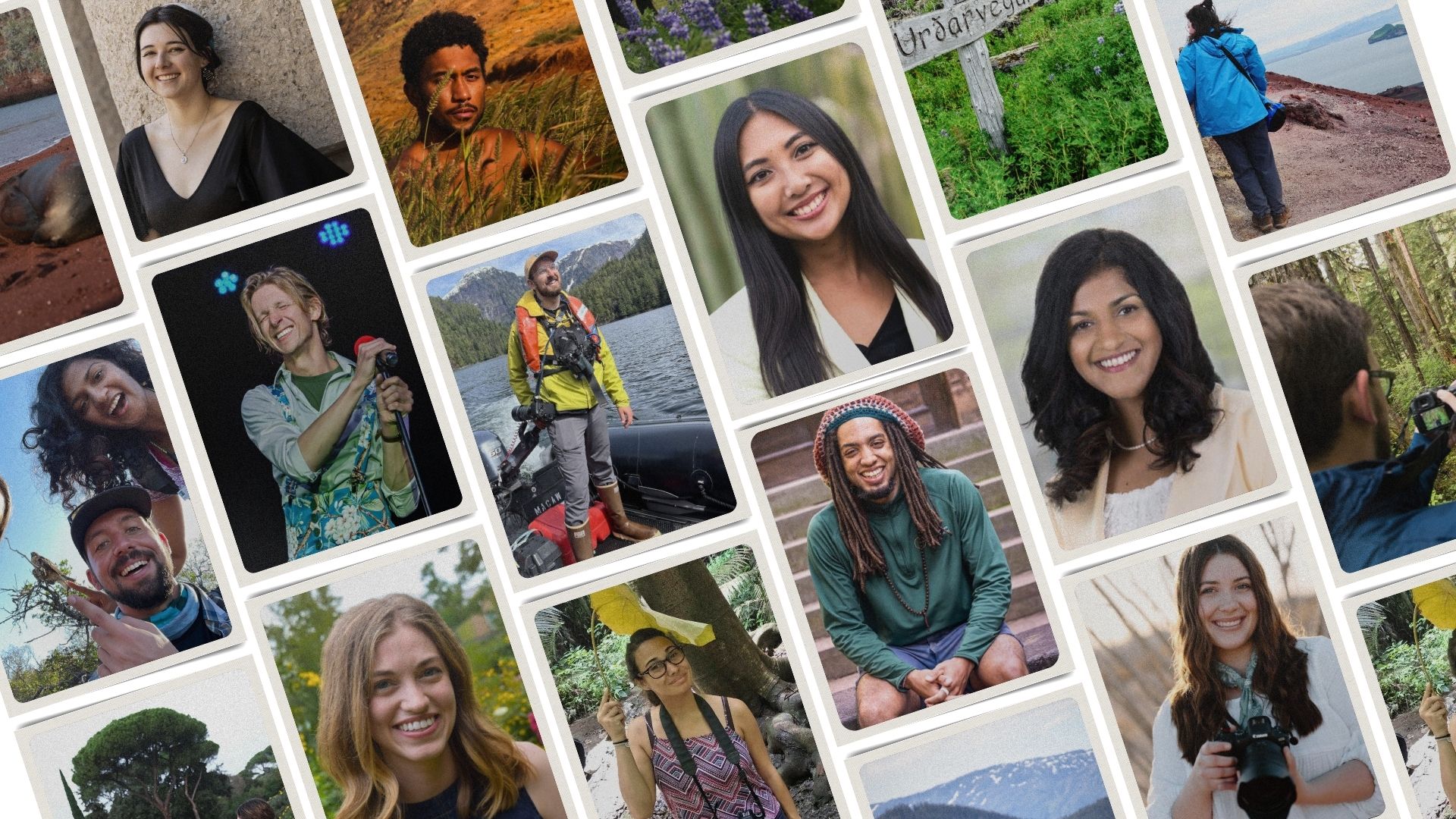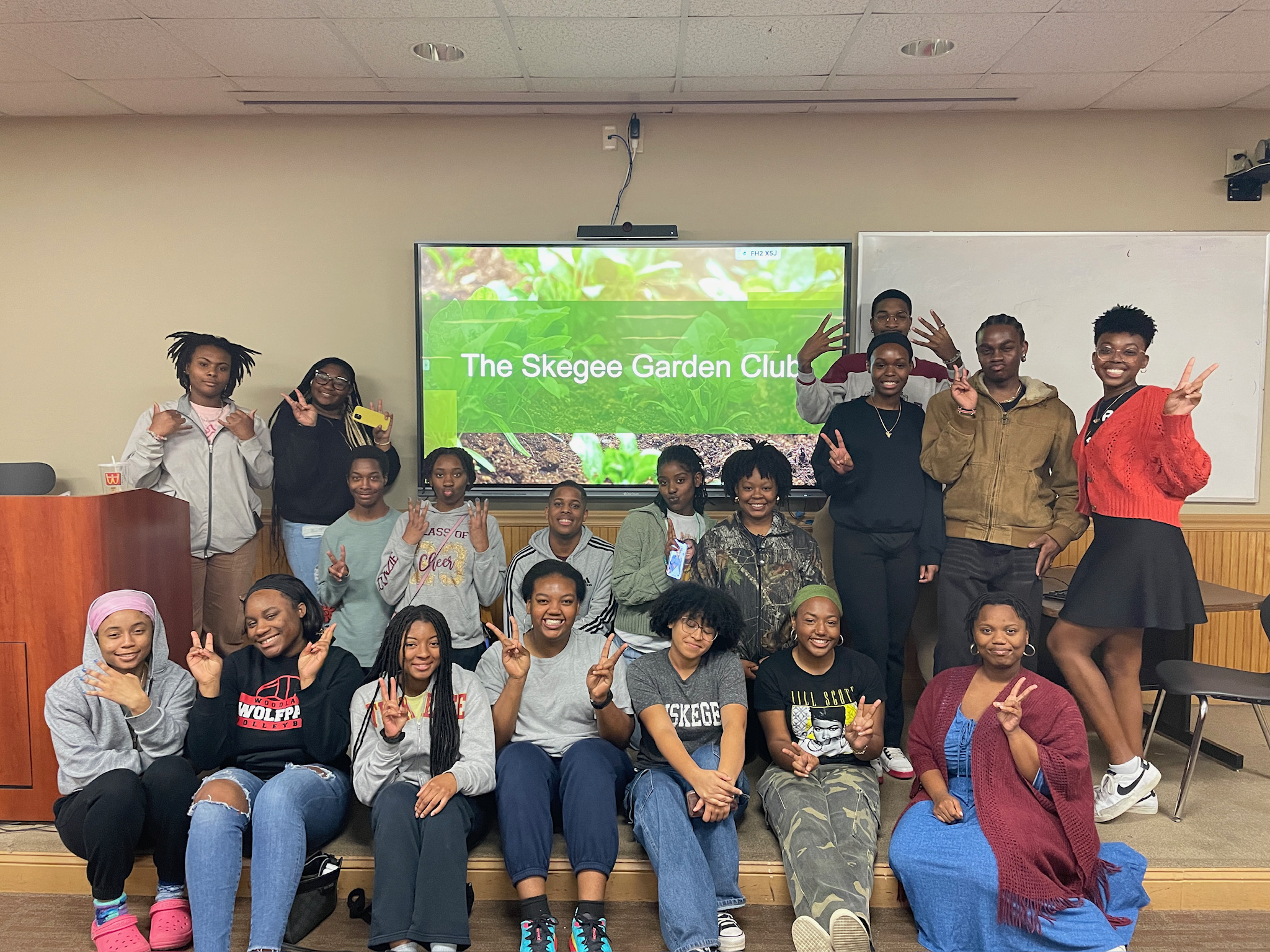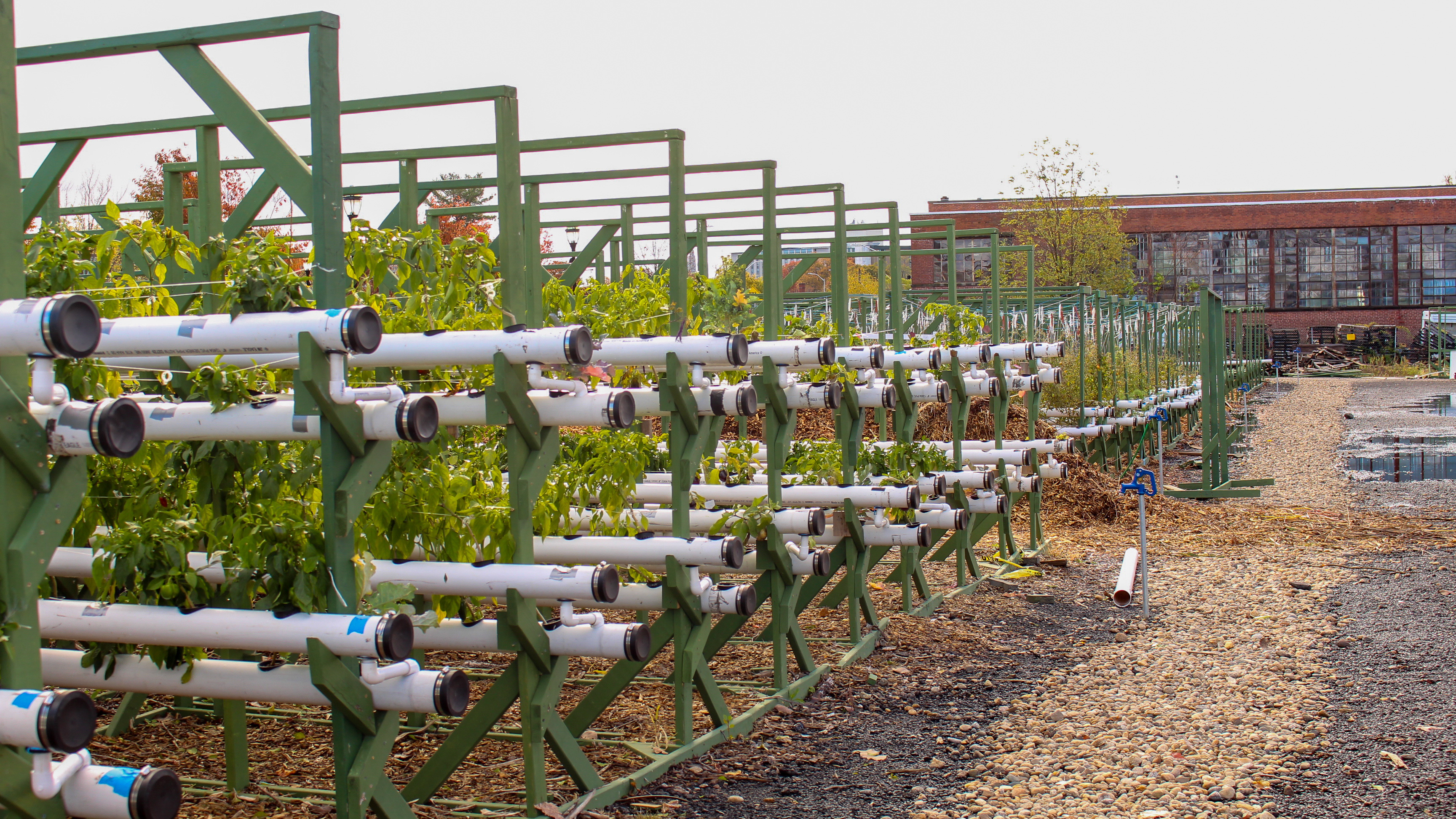Plenty of Fish in the Sea?
Gone Fishin’
One of my favorite weekend activities when I was younger was going fishing with Dad. On those unforgettable early mornings, he would come downstairs with a tackle box in one hand and two tall fishing poles in the other. He wouldn’t have to say anything; I would just know we had a relaxing day at the lake ahead of us.
Once I arrived at the lake and cast off into the water, I would always wait patiently, watching my bobber, and hope for something to swim by and take a bite of the earthworm placed on my hook. My anticipation, however, was almost always in vain. Little did I know, a combination of lake pollution and overfishing made it almost impossible to catch a fish.
This may have not been so detrimental for me, but for a billion others the issue of overfishing affects them in a much more dire way. They rely on fish for either their protein or for their livelihood; for them, not catching fish has much more significance than a disappointing afternoon.
The problem has gotten so bad that the Food and Agriculture Organization (FAO) estimates that over 85 percent of the world’s fisheries are either fully exploited, overexploited, depleted or recovering from depletion—leading to the shocking statistic from the journal Science that if nothing changes we will lose all of our fisheries by 2048.
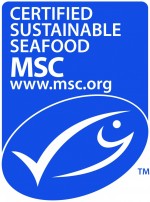 Marine Stewardship Council (MSC) has set environmental standards and identified sustainable fisheries. By purchasing fish that bears the MSC blue label, consumers can enjoy their food while knowing it came from a sustainable fishery.
Marine Stewardship Council (MSC) has set environmental standards and identified sustainable fisheries. By purchasing fish that bears the MSC blue label, consumers can enjoy their food while knowing it came from a sustainable fishery.
With over 15,000 products listed in stores, consumers can locate sustainable fish with the MSC sustainable seafood product finder. They can also learn more about the issue and make informed decisions about maintaining our fish supplies.
– Diana Wilkinson
Every Thursday at 6 o’clock, I meet a friend of mine at our favorite local sushi restaurant. And every Thursday at 6 o’clock, the two of us share our favorite rolls – spicy scallop, rainbow, salmon and avocado – and stories at a high top table in the small, second-story establishment, a hidden gem situated above a drug store on a quaint neighborhood street. We started this ritual almost six months ago, and we’ve been meeting once a week, every week since.
I never thought about where my seafood was coming from. And I definitely never thought that it might run out.
According to recent reports, overfishing is a big problem, and my sushi might run out before I know it – maybe even before my friend and I can introduce our grandchildren to the traditional dish.
Already, 84% of fish stocks in the world are fully exploited, overexploited, or depleted. Another 1% is currently recovering from depletion. This is the effect of overfishing – which itself stems from many different causes. If we don’t do something, experts from Science believe that all of our fisheries will collapse by 2048– and then what?
Forget about my sushi dates; what about the 1 billion people worldwide, primarily living in developing countries, who depend on fish as their main source of protein?
Hopefully we never find out.
If we can cut back on overfishing, we might be able to reverse this trend. After all, the Atlantic bluefin tuna was projected to disappear by 2012, but two years later, the fish is still found on seafood menus- though it remains on the endangered species list. Illegal fishing, the blurry property rights in fisheries, lack of regulation, persisting government subsidies, and other fishing practices all contribute to the problem.
The average consumer doesn’t need to lose sleep over pirates or international maritime law, though. Instead, seeking out sustainably fished or farmed seafood in the supermarket and in restaurants is a good place to start.
Here are some tools for the sustainable seafood shopper:
- Look for the Marine Stewardship Council label. Fish with the MSC label comes from a certified sustainable fishery.
- Consult National Geographic’s Sustainable Seafood Guide – which ranks different types of fish by sustainability and health benefits.
- Check out seafoodwatch.org, which also has a helpful guide to choosing sustainable seafood. They even have a special section for sushi lovers like me!
As for my weekly sushi ritual? I did my research: my favorite sushi joint serves MSC certified sustainable salmon, chooses sustainable seafood “as much as possible,” and has removed bluefin from at least its most recent seasonal menu. Looks like I can keep up this tradition – for now.




